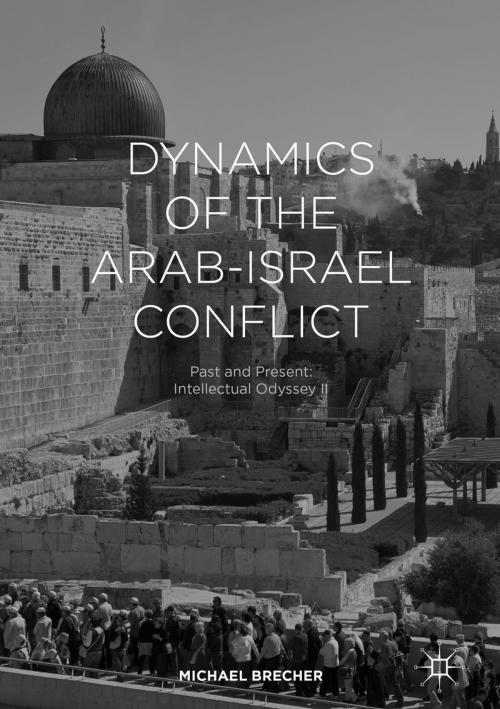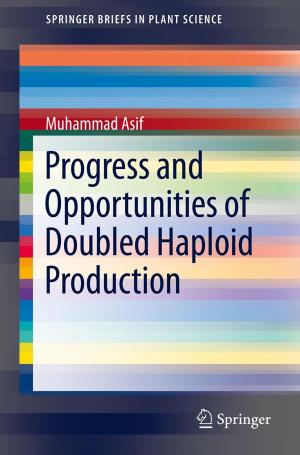Dynamics of the Arab-Israel Conflict
Past and Present: Intellectual Odyssey II
Nonfiction, Social & Cultural Studies, Political Science, International, International Relations| Author: | Michael Brecher | ISBN: | 9783319475752 |
| Publisher: | Springer International Publishing | Publication: | January 20, 2017 |
| Imprint: | Palgrave Macmillan | Language: | English |
| Author: | Michael Brecher |
| ISBN: | 9783319475752 |
| Publisher: | Springer International Publishing |
| Publication: | January 20, 2017 |
| Imprint: | Palgrave Macmillan |
| Language: | English |
This book comprises findings from the author's wide-ranging research since 1948 on the unresolved Arab/Israel protracted conflict. Brecher reflects back on his detailed analysis of the UN Commission created in November 1947, and his near-seven decades of research and publications on this complex protracted conflict continued since the first of nine Arab/Israeli wars. The book includes an analysis of the crucial early phase of the unresolved struggle for control of Jerusalem in 1948-49 and beyond, based on extensive interviews with Israel’s leaders and prominent Egyptian senior officials, journalists and academics. It addresses the many diverse attempts at conflict resolution, including a peace plan to resolve the Arab/Israel conflict of the author's own design. It concludes with historical reflections about Israel’s behavior, domestically and externally, in 1948-1949 and 2008 and beyond. No other book on this protracted conflict contains so many important interviews with the first two generations of Israeli leaders and Egyptian officials and academics, and no other author can speak from such a deep and prolonged engagement.
This book comprises findings from the author's wide-ranging research since 1948 on the unresolved Arab/Israel protracted conflict. Brecher reflects back on his detailed analysis of the UN Commission created in November 1947, and his near-seven decades of research and publications on this complex protracted conflict continued since the first of nine Arab/Israeli wars. The book includes an analysis of the crucial early phase of the unresolved struggle for control of Jerusalem in 1948-49 and beyond, based on extensive interviews with Israel’s leaders and prominent Egyptian senior officials, journalists and academics. It addresses the many diverse attempts at conflict resolution, including a peace plan to resolve the Arab/Israel conflict of the author's own design. It concludes with historical reflections about Israel’s behavior, domestically and externally, in 1948-1949 and 2008 and beyond. No other book on this protracted conflict contains so many important interviews with the first two generations of Israeli leaders and Egyptian officials and academics, and no other author can speak from such a deep and prolonged engagement.















